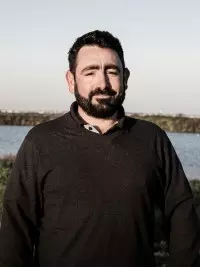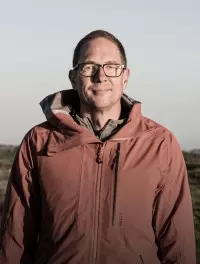
Aude
Salt worker in Mesquer
The soul of a salt worker since childhood
“I've always been immersed in the world of the salt marsh. When I was a child, it was part of my daily life."
The soul of a salt worker since childhood
Aude Courtel, 50, has been a salt worker in Mesquer for 20 years. Her father, Alain Courtel, also a salt worker, was one of the founders of the Guérande cooperative.
“I've always been immersed in the world of the salt marsh. When I was a child, it was part of my daily life."
As the daughter of one of the founders of the cooperative, did you feel like you had to take over?
My father, a salt worker, was very committed to the marsh and its preservation, that’s how he helped create the cooperative. Since childhood, I've always been immersed in the world of the salt marshes. It’s been a defining element in my life. But at first, I dreamed of a different career. I studied for several years in a top business school to become a communications officer.
After a while, I started missing the world of the marsh and, at the age of 30, I finally returned - much to my father's delight, as you can imagine.
From comms specialist to salt worker, that’s a big change! What do you like most about this new career?
Being a very active person, I love the physical side of the salt worker's job.
I also like that it's a very human and caring profession: it can be lonely at times, but we’re always there for each other. I thrive when I work in harmony with nature, to the rhythm of the seasons, with the environmental, biodiversity and land reclamation values that were long-running battles of my father and older generations.
The salt worker's job is an athletic one, but physical fatigue is different from nervous fatigue, it’s something to consider in these times of burn-out epidemics. Physically, you have to be careful and take care of your body. That means continuing to do sports in winter to compensate for quieter periods. In the end, it's a job that's more athletic and physical than stressful, in my opinion.
What do you think about gender equality in the salt working profession?
Thirty years ago, tools were heavier, most were made of chestnut wood. Thankfully, things have improved and tools are now more maneuverable thanks to light carbon. Women have always worked in the marshes, pushing wheelbarrows and harvesting salt flower, but they were less visible.
Some time ago, the profession became more feminized, and it’s definitely a good thing. When I first arrived in the Mès basin, there were very few women. Today, there’s almost half of us. I’ve had three children while being a salt worker and I've always managed to organize my working schedule so I could have my weekends and Wednesdays off. It’s not easy, but it’s doable! Now the kids are much bigger and they don't need me as much.
Do you feel part of a community here, in the salt marshes of Guérande?
For me, transmission is paramount. My farm isn't very large, so I work with 3 or 4 seasonal workers every year. I've had three boys, the elder one used to come with his friends to give me a hand every summer. They literally lived in the salt works and sometimes even slept in the hut. The second and third boys then took over. In terms of manpower, I've always worked with local people: my children and their friends.
When I started out as a salt worker, I was afraid of being in a closed environment, so I joined the cooperative as secretary to the board of directors. Collective work and mutual support are so very important in our profession.
"You want to become a salt worker? It’s important to prepare yourself. Observe, get introduced to a team, visit the marsh in winter... If you're going to be a salt worker, you'll become one."
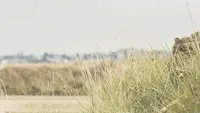
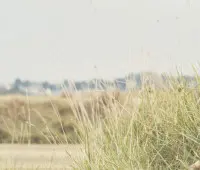
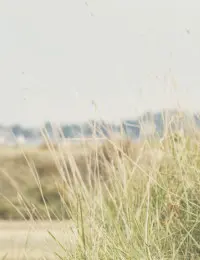
Meet our other salt workers
Diverse in age and profile, Guérande's salt workers are bound together by tradition and their love of the Guérande marshes.
Salt workers

